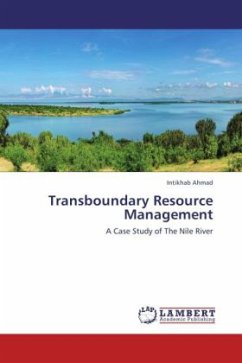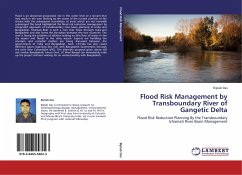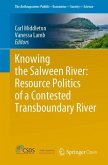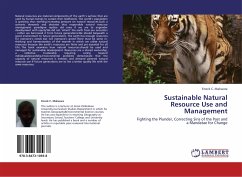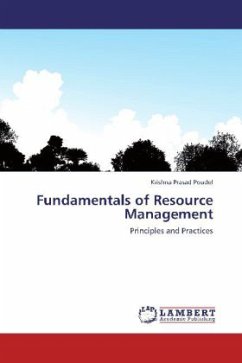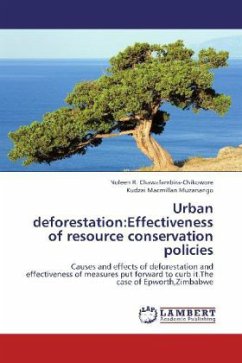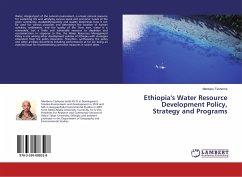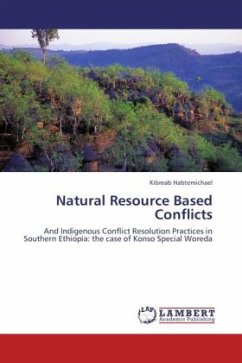Today, the Nile Basin faces the challenges of poverty (4 of its riparian countries are among the 10 poorest in the world), instability (conflicts in the Great Lakes, Sudan, and the Horn of Africa), rapid population growth, and severe environmental degradation (especially in the East African highlands). But joint regional development of the Nile offers significant opportunities for cooperative management and development that will catalyze greater regional integration for socioeconomic development, making it possible to meet these challenges. These socioeconomic benefits will exceed the direct benefits from the river alone. Transboundary water resources are increasing in importance as sources of freshwater worldwide. So that to analyse transboundary water resources the Nile River is the best case study. In this work I have analyse the water sharing of the Nile, emerging conflicts and cooperation among its riparian countries and I have also tried to point out what can be done to manage proper and sharing of the Nile river.
Bitte wählen Sie Ihr Anliegen aus.
Rechnungen
Retourenschein anfordern
Bestellstatus
Storno

